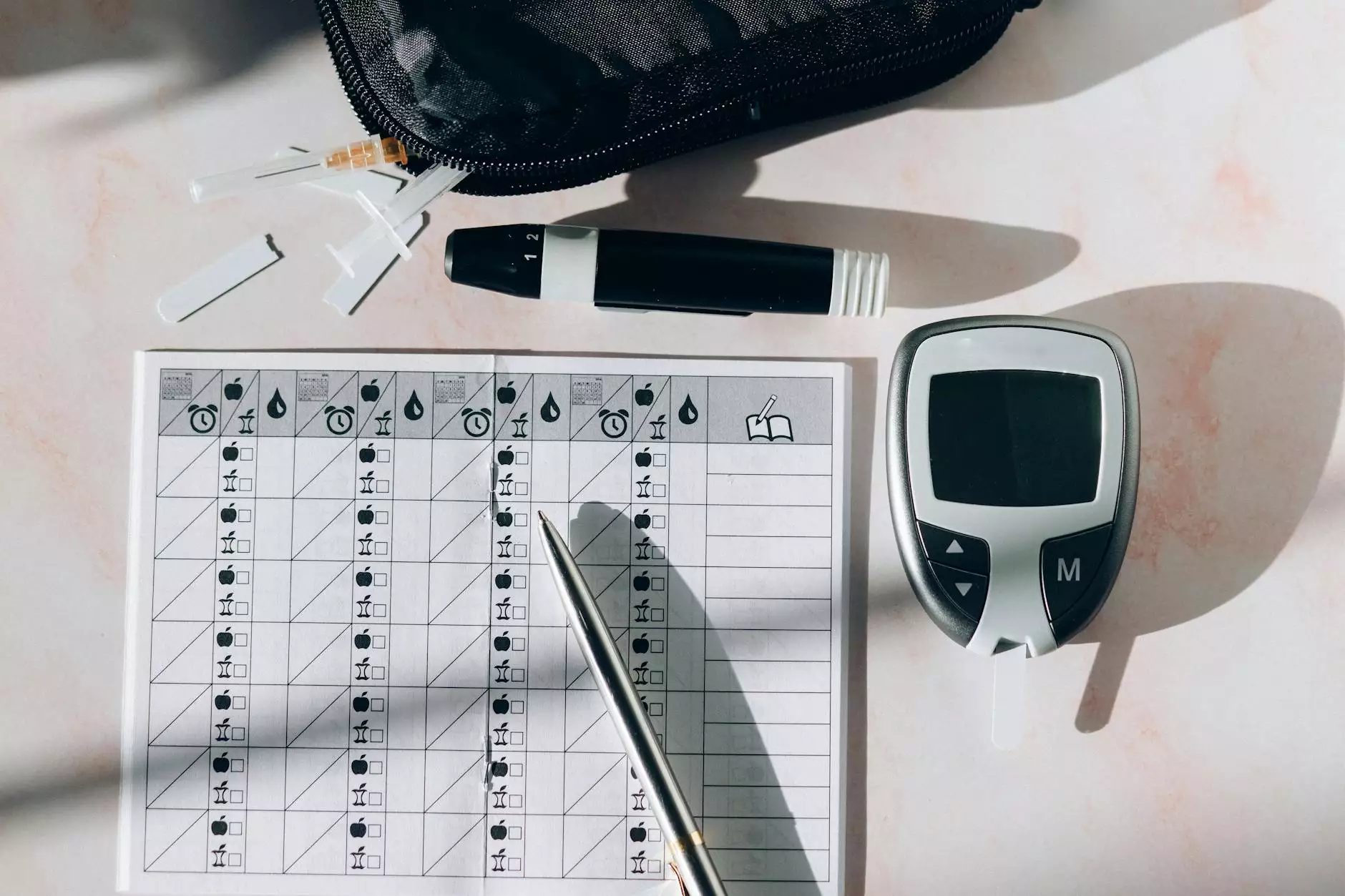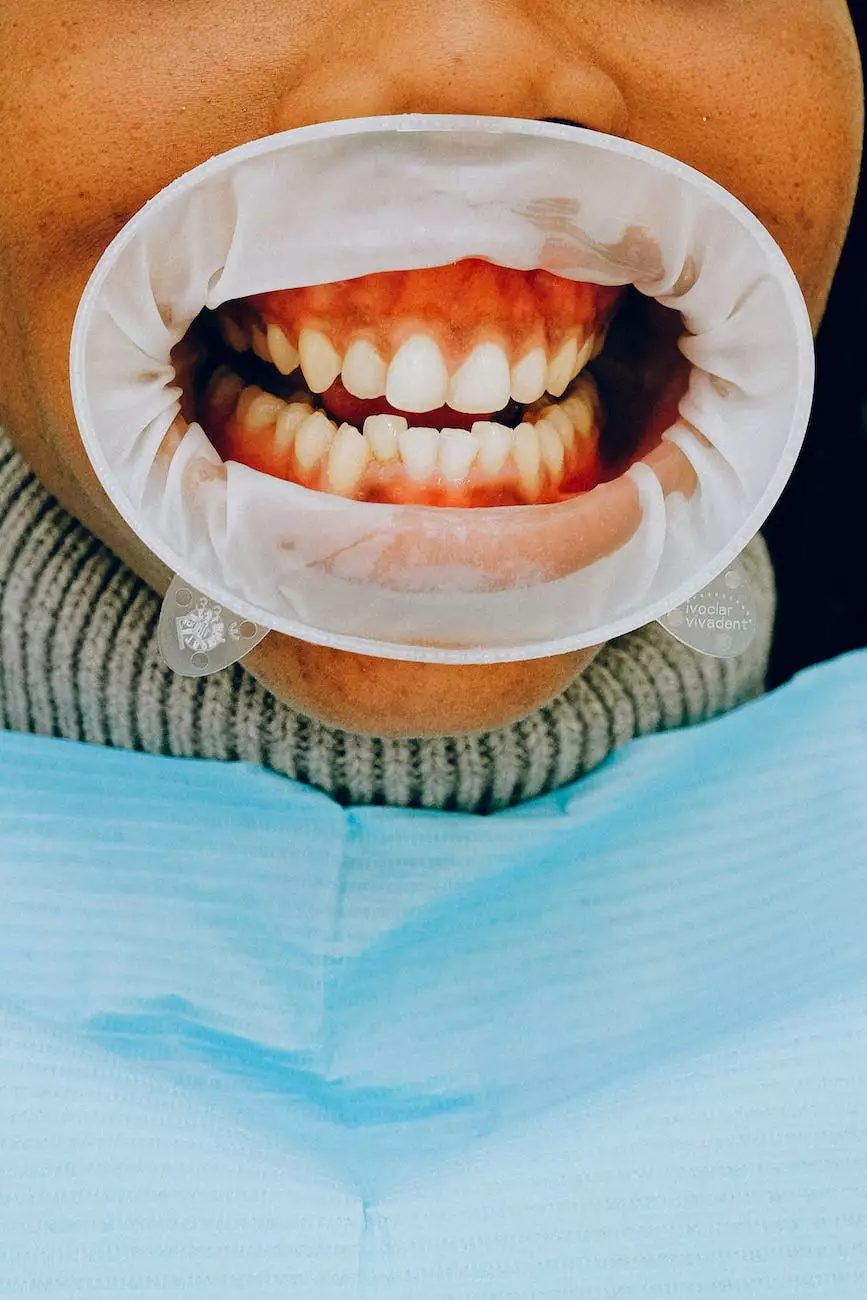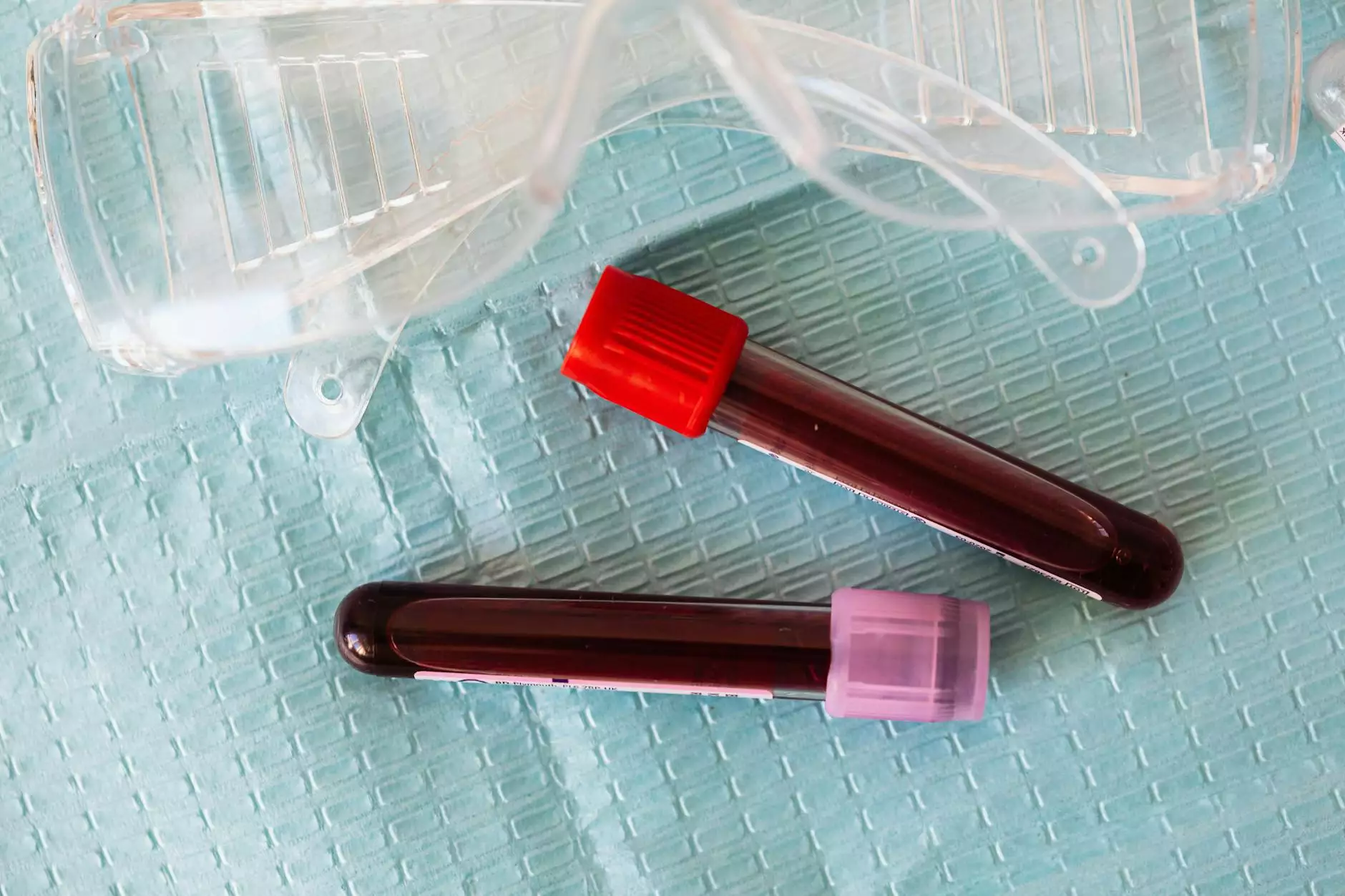The Risk of Ovarian Torsion After Hysterectomy

As the trusted experts in Women's Health & Medical services, the team at Drseckin.com aims to provide valuable information to empower women and ensure they have access to the highest quality of care. In this article, we will discuss the potential complication of ovarian torsion after hysterectomy surgery.
Understanding Hysterectomy Surgery
Hysterectomy is a surgical procedure that involves the removal of a woman's uterus. It can be performed for various reasons, including the treatment of gynecological conditions such as uterine fibroids, endometriosis, or cancer. While it is generally considered a safe and effective procedure, there are risks associated with any surgical intervention.
What is Ovarian Torsion?
Ovarian torsion is a rare but serious complication that may occur after a hysterectomy. It involves the twisting of the ovary, which can lead to a disruption in its blood supply. This condition requires immediate medical attention to prevent further damage or loss of the ovary.
Some of the potential causes of ovarian torsion after hysterectomy include:
- Adhesion formation: Following the removal of the uterus, adhesions, or scar tissue, may develop in the pelvic region. These adhesions can cause the ovary to become abnormally positioned, increasing the risk of torsion.
- Changes in pelvic anatomy: Hysterectomy surgery alters the pelvic anatomy, potentially affecting the position and support of the ovaries. This can contribute to the likelihood of ovarian torsion.
- Surgical technique: The surgical technique used during a hysterectomy can also influence the risk of ovarian torsion. Skillful surgical practices that minimize the risk of complications are crucial in reducing the chances of torsion.
Recognizing the Symptoms
It is important to be aware of the symptoms associated with ovarian torsion after hysterectomy. Prompt recognition and timely intervention can prevent further complications. Some common symptoms include:
- Sudden and severe pelvic or abdominal pain
- Nausea and vomiting
- Abdominal bloating or distention
- Changes in urinary or bowel habits
- Fever or chills
If you experience any of these symptoms, it is crucial to seek medical attention immediately.
Diagnosis and Treatment
Diagnosing ovarian torsion after hysterectomy requires a comprehensive evaluation by a healthcare professional. Your doctor may perform a physical examination and order diagnostic tests, such as ultrasound or MRI, to confirm the diagnosis.
The management of ovarian torsion typically involves surgery. The aim is to untwist the ovary and restore blood flow. In some cases, if the ovary has suffered irreversible damage, it may need to be removed. Your healthcare provider will determine the most appropriate course of action based on your individual circumstances.
Preventing Ovarian Torsion
While ovarian torsion cannot be completely prevented, there are certain steps that can help reduce the risk. If you are considering undergoing a hysterectomy, it is essential to discuss the potential complications, including ovarian torsion, with your healthcare provider. They can provide personalized advice and guidance based on your medical history and individual needs.
Choosing an experienced and skilled surgeon, such as those at Drseckin.com, who specialize in gynecological surgeries, can significantly lower the risk of complications. Their expertise and knowledge in the field ensure that proper surgical techniques are employed, minimizing the chances of ovarian torsion.
Conclusion
Ovarian torsion after hysterectomy is a potential complication that requires prompt medical attention. By being well-informed about the risk factors, symptoms, diagnosis, and treatment options, you can make educated decisions about your healthcare journey.
At Drseckin.com, we prioritize the well-being of our patients and aim to provide comprehensive information to assist them in making informed choices. If you have any concerns or questions regarding ovarian torsion after hysterectomy or any other women's health issues, do not hesitate to reach out to our team of expert obstetricians and gynecologists.
risk of ovarian torsion after hysterectomy









